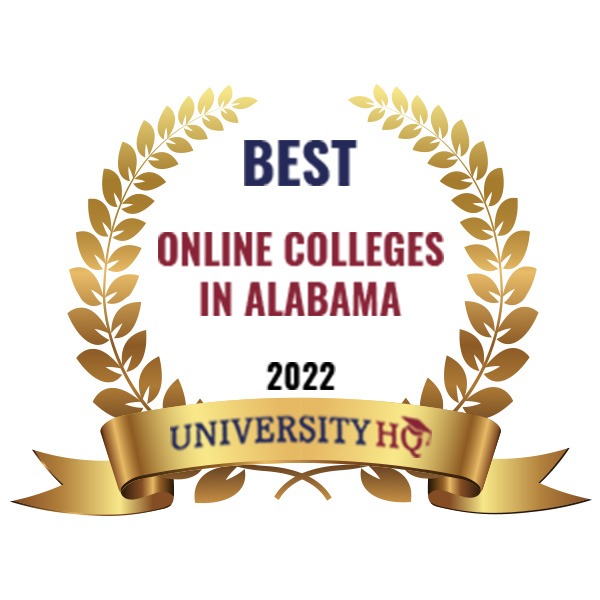My professors knew what I needed to succeed, and every day I am very thankful for their advice.
– BREANNE BIZETTE, CLASS OF 2020
Our online class experiences are innovative and immersive, delivered in a variety of methods including video, interactive exercises, learning assessments and simulation technology.
Spring Hill College has had tremendous success with online course offerings to our alumni, military students and other professionals. Our new online programs are accessible and relevant for successful opportunities after completion.

My professors knew what I needed to succeed, and every day I am very thankful for their advice.
– BREANNE BIZETTE, CLASS OF 2020
An education from Spring Hill College will inspire your mind, influence your ideas and ignite your passions and purpose. Our flexible online courses provide challenging, engaging and comprehensive coursework that prepares you advance in your career.
We serve distinct and dynamic students who want the guidance of exceptional faculty, rigorous academics and challenging ideas. Our faith-based education complements this approach as a holistic component of their education.
Spring Hill College provides comprehensive support and personal attention to its online students. You will gain access to resources including enrollment counselors, academic advisors, financial aid experts and technology support.
